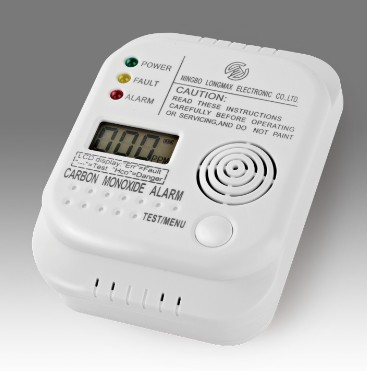If your carbon monoxide alarm sounds, it's essential to […]
If your carbon monoxide alarm sounds, it's essential to respond swiftly and decisively to protect yourself and your family from potential harm. Here's what you should do:
First and foremost, take the alarm seriously. Carbon monoxide (CO) is a colorless, odorless gas that can be deadly in high concentrations. If your alarm goes off or you suspect a CO leak, don't ignore it or assume it's a false alarm.
Immediately evacuate everyone from the building. Move to a safe location outside, such as a neighbor's house or a predetermined meeting spot. Make sure everyone is accounted for, including pets.
Once outside, call emergency services (911 or your local emergency number) and report the CO alarm activation. Inform them of the situation and follow their instructions. Emergency responders will be equipped to handle the situation safely.
Do not re-enter the building until emergency services have deemed it safe to do so. CO levels can remain high even after the alarm stops sounding, posing a continued risk of poisoning.
Seek medical attention if anyone is experiencing symptoms of CO poisoning, such as headache, dizziness, nausea, confusion, or loss of consciousness. Carbon monoxide poisoning can be life-threatening and requires immediate treatment.
After the incident, have a qualified technician inspect your home to identify the source of the CO leak and address any safety issues. This may involve checking fuel-burning appliances, vents, chimneys, and other potential sources of CO.
Take steps to prevent future CO incidents by installing CO alarms on every level of your home and near sleeping areas. Test the alarms regularly and replace batteries as needed. Additionally, ensure that fuel-burning appliances are properly maintained and vented.
Remember, carbon monoxide is a silent killer, and early detection is critical. If your CO alarm sounds, prioritize your safety and follow these steps to minimize the risk of CO poisoning.